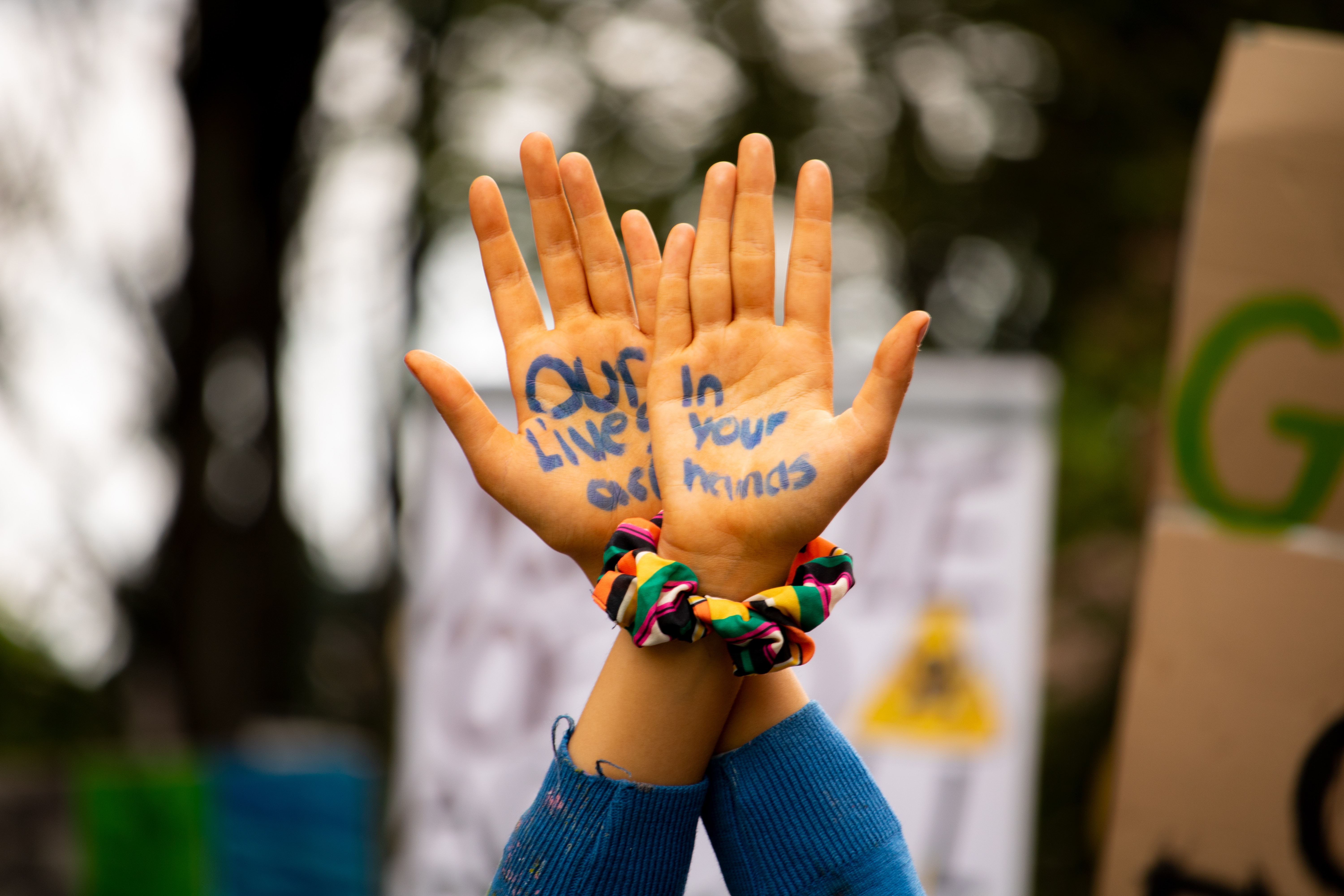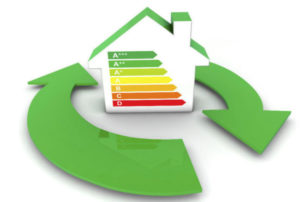

Labour propose the strongest measures for tackling what has been labelled a climate emergency.
Election campaign spending promises for a greener world have never been this big.
Voters care about the environment more than ever, says a recent poll by market research group Ipsos Mori, with one in five respondents stating they see the environment as one of the biggest issues facing Britain.
This marks a vast shift in public opinion from similar polls conducted in 2012, where just 2 per cent listed climate change as a major issue, compared to the 21 per cent recorded in the report released November 18 this year.
The main three parties now need to convince voters they are doing enough to combat what some say is an impending global catastrophe. So how do their promises stack up?
Net zero carbon emissions by…
The Conservatives are sticking to the target set by Theresa May for this election and claim they are on track to reach net zero carbon emissions by 2050.
The Liberal Democrats purport to beat this by 5 years by setting their goal at 2045.
Labour aim to blow both out of the water with a radical spending plan they say will make the UK carbon neutral by 2030.
Ban on fracking?
Conservatives: Yes (for now)
Lib Dems: Yes
Labour: Yes
All parties say fracking should be banned. While Labour and the Liberal Democrats have been consistent in this policy – many of their voters are concerned about earthquakes and water quality – the Conservatives support a ban only if (or until) companies can prove that the size of quakes and tremors can be contained.
Fears over side effects from the natural gas discovery process risked being a vote loser for the Tories. Party leadership will be hoping the public are not put off by indications that fracking could resume in the future.
Cutting household emissions
It may come as a surprise that the Lib Dems have promised a whopping £15bn overhaul of 26 million homes to make them more energy efficient.
But Labour go even bigger and say it will pledge £60bn to upgrade 27 million homes to the “highest energy efficiency standards possible” through widespread roll-outs of double glazing, loft insulation and new heating systems. They would also ensure all newly built homes are carbon neutral from 2022.
The Conservatives meanwhile have promised to create a “Future Homes Standard” for new builds to improve energy efficiency from 2025.
New forests
This election is looking to be the one that gets trees in the ground – possibly one million in Northumberland alone – in a £640m pledge by the Conservatives to plant 30 million.
Not to miss a trick, the Liberal Democrats say they will do better by double: 60 million is Jo Swinson’s number.
Labour says it ‘will form a plan for trees guided by the science’.
Renewable energy
Labour want to bring in 60 per cent of UK energy from zero-carbon sources by 2030 and part of this would involve building 37 state-owned offshore wind farms.
The Liberal Democrats target a larger expansion of ‘clean energy’ and say under their plans the UK can take 80% of its total energy from renewable sources by 2030. Other details are still forthcoming, but it has the look of a huge policy with the aim of doubling the electricity taken from sustainable sources.
The Conservatives will too build offshore wind farms, with a view to increase the UK’s target capacity from 30GW to 40GW by 2030.
Electric cars
Labour lead the way on making electricity a more viable option over petrol and diesel: the party promises interest free loans on electric car purchases and wants to invest £3.4bn in building charging points across the country.
The Conservative Party says it will funnel £1bn into the UK electric car industry and ensure that everyone is within 30 miles of a charging station.
Lib Dems are mostly quiet on this front, though campaign messages reiterate all new cars bought from 2030 would be electric. This is much in line with an existing commitment by the Conservatives to gradually phase out petrol and diesel cars.

